Kutaisi Travel Guide: Exploring Georgia’s second city — history, caves and hearty Imeretian food.
Kutaisi is Georgia’s second‑largest city and one of its oldest cultural centers. It’s a relaxed base for cathedral‑hopping, cave adventures and market lunches — without the crowds you’ll find in Tbilisi.
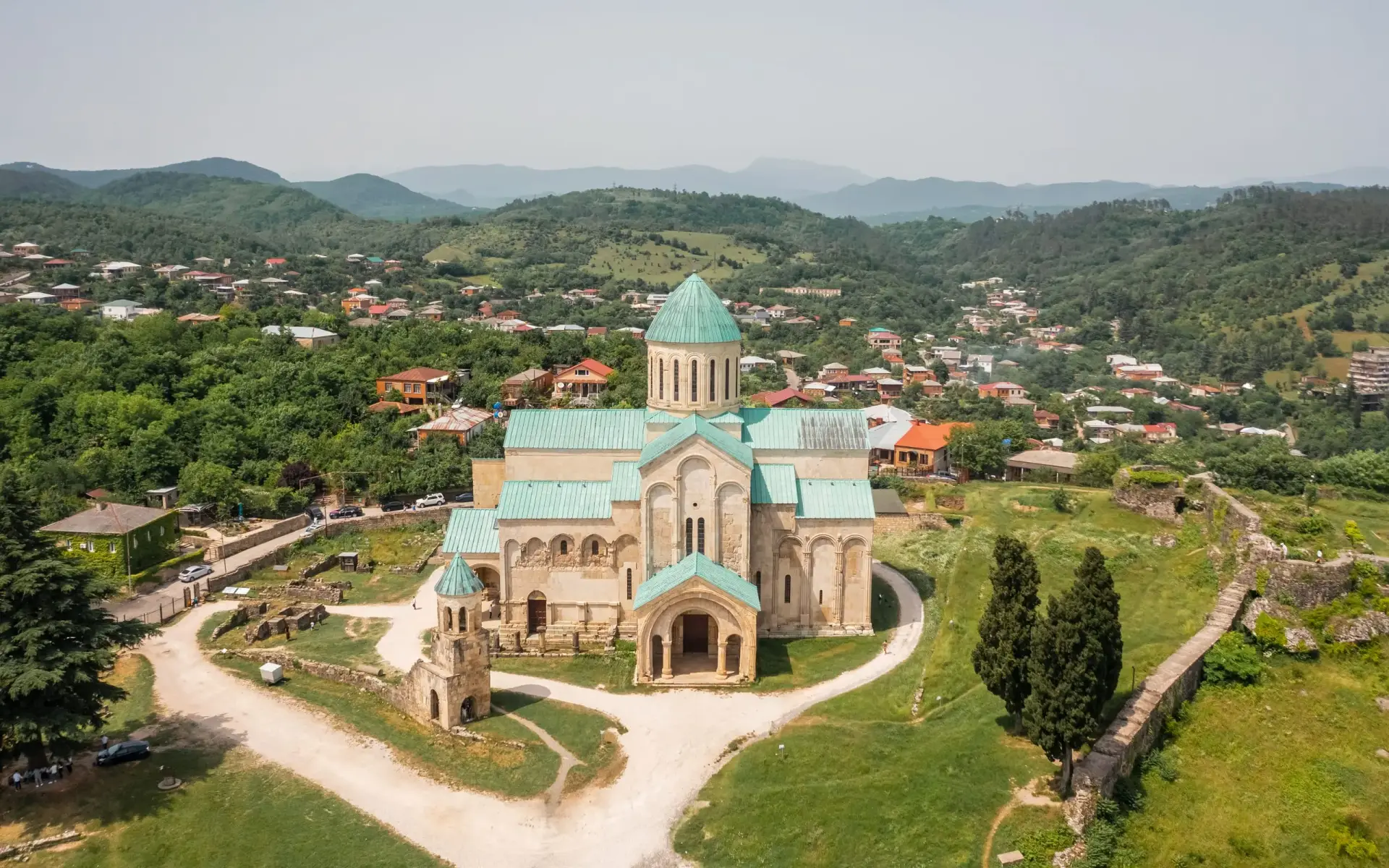
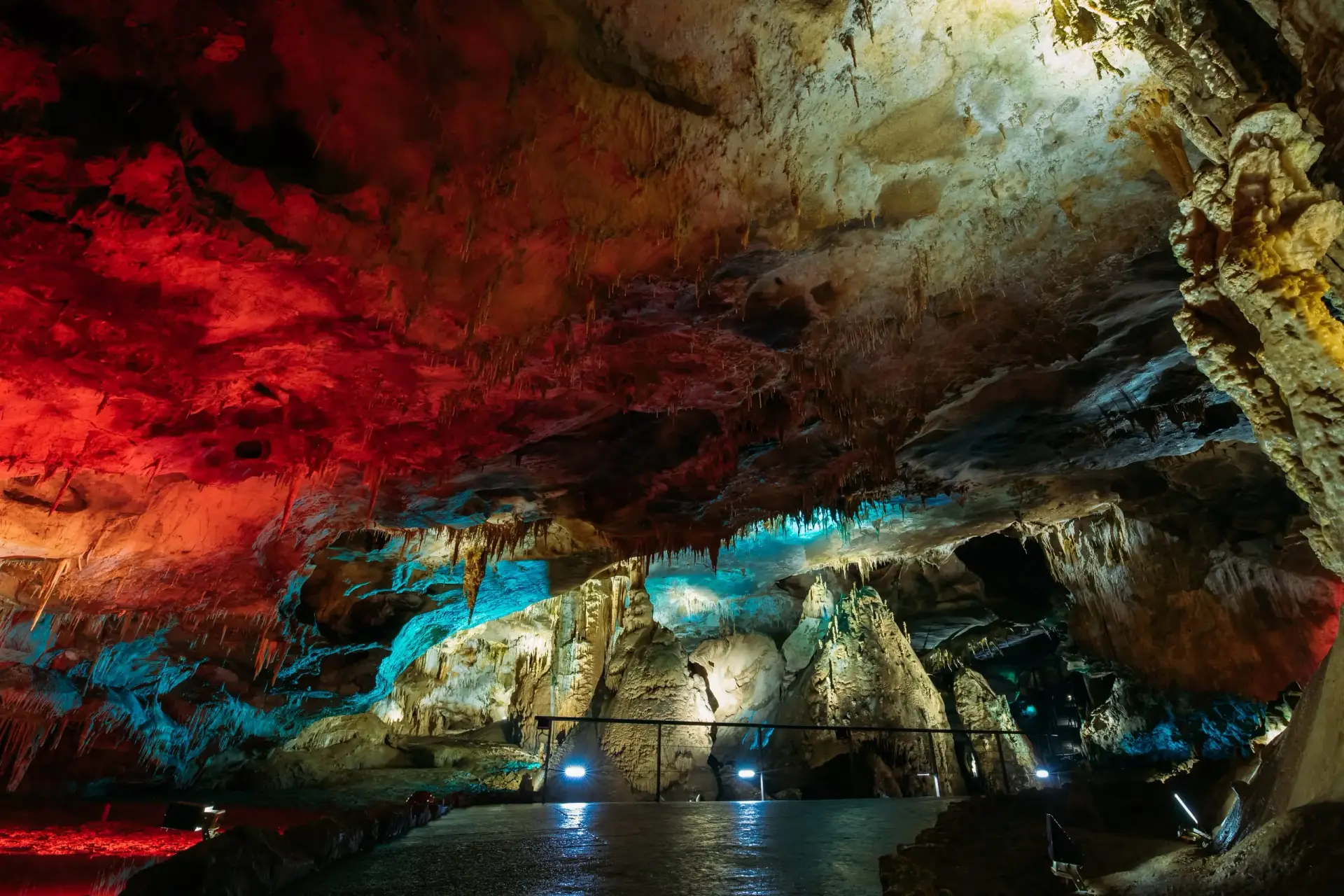
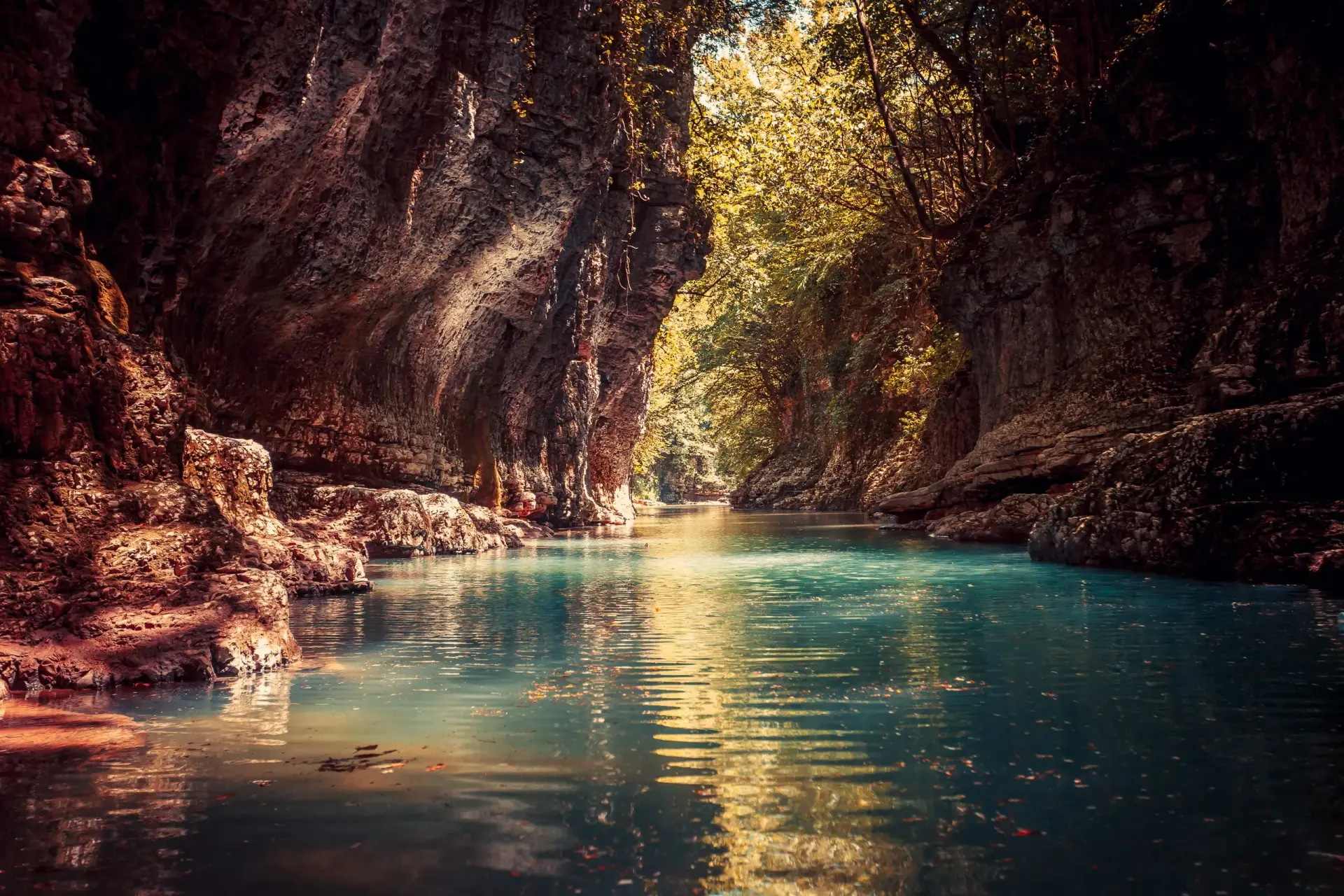
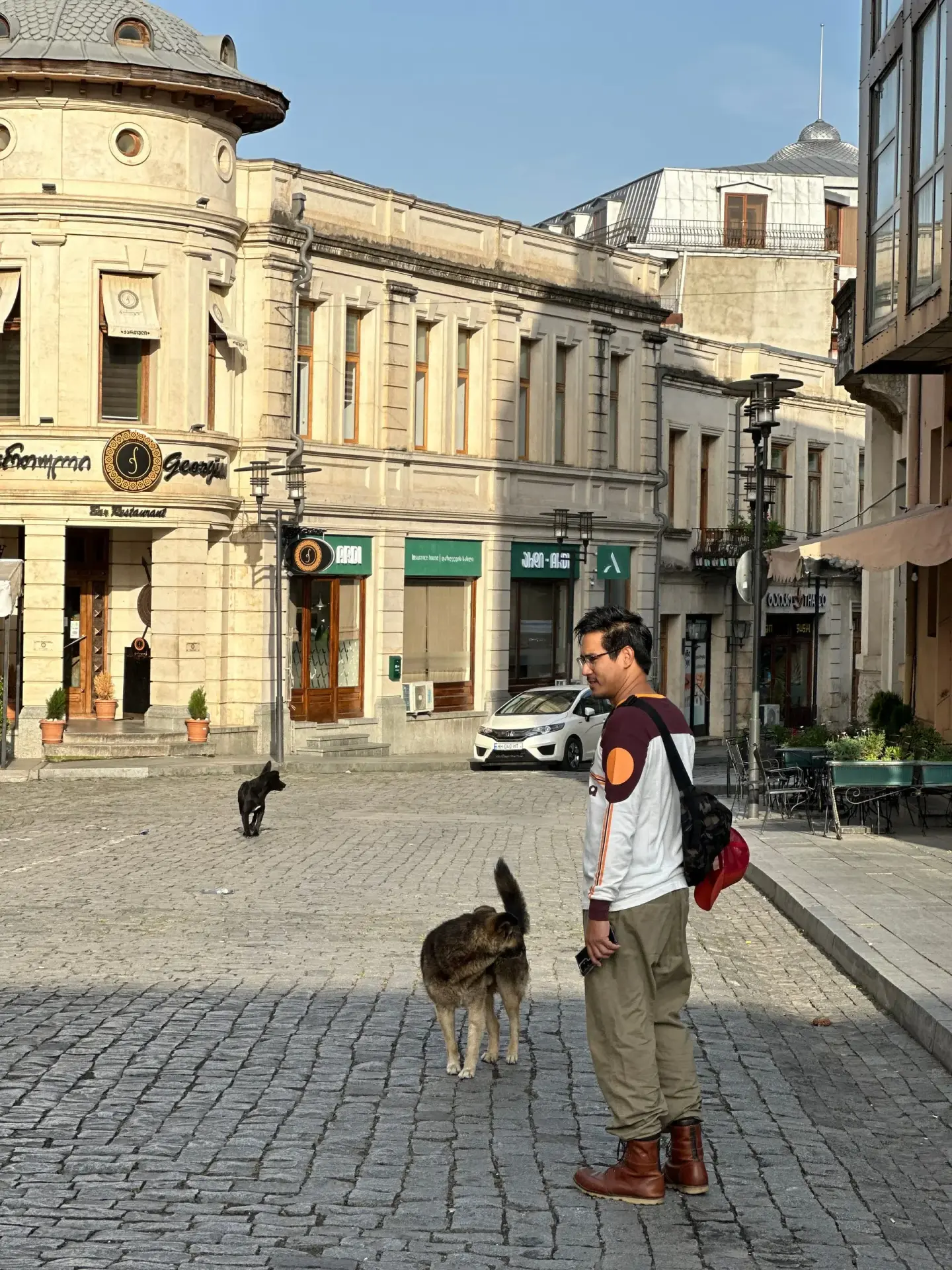
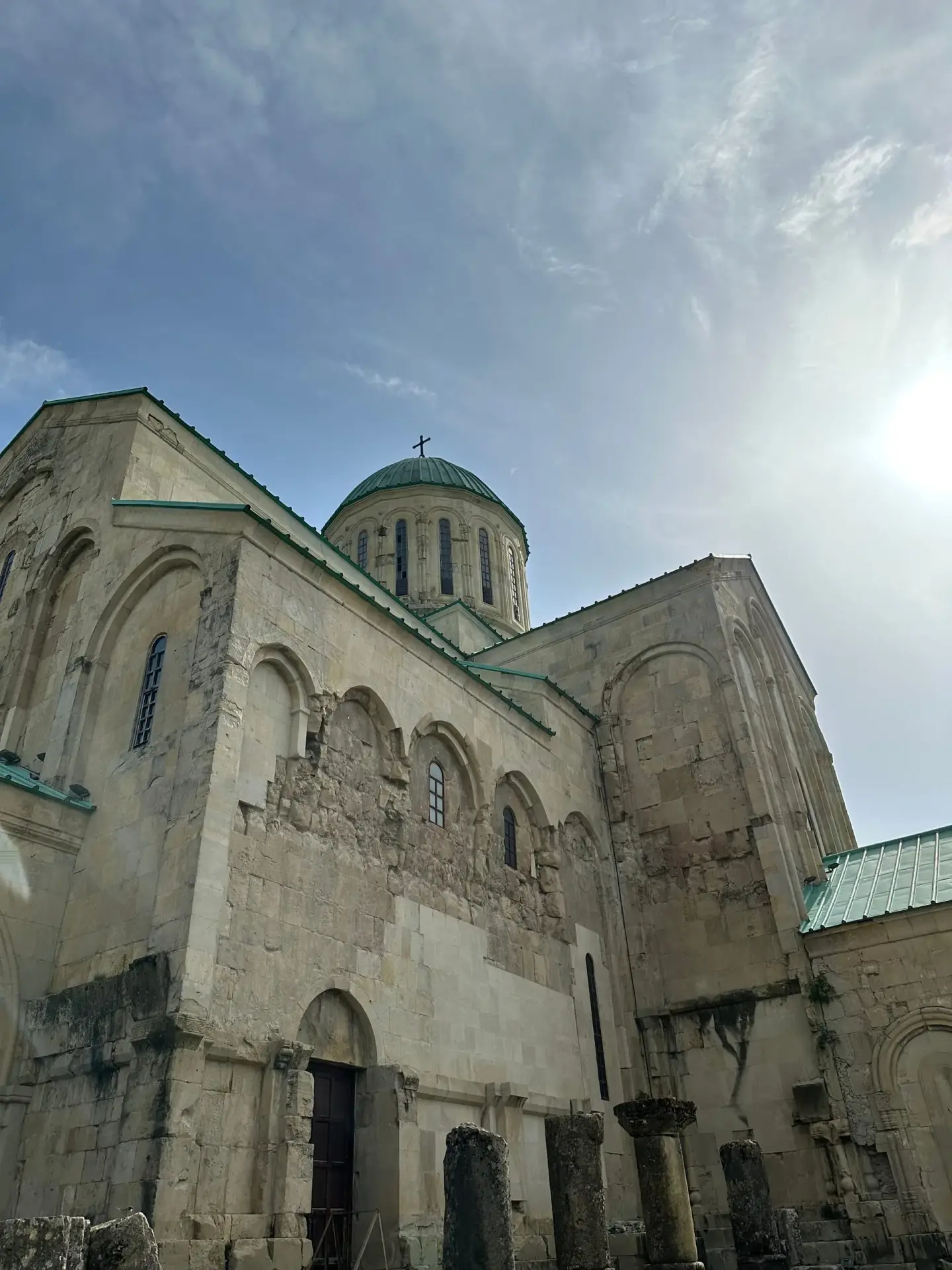
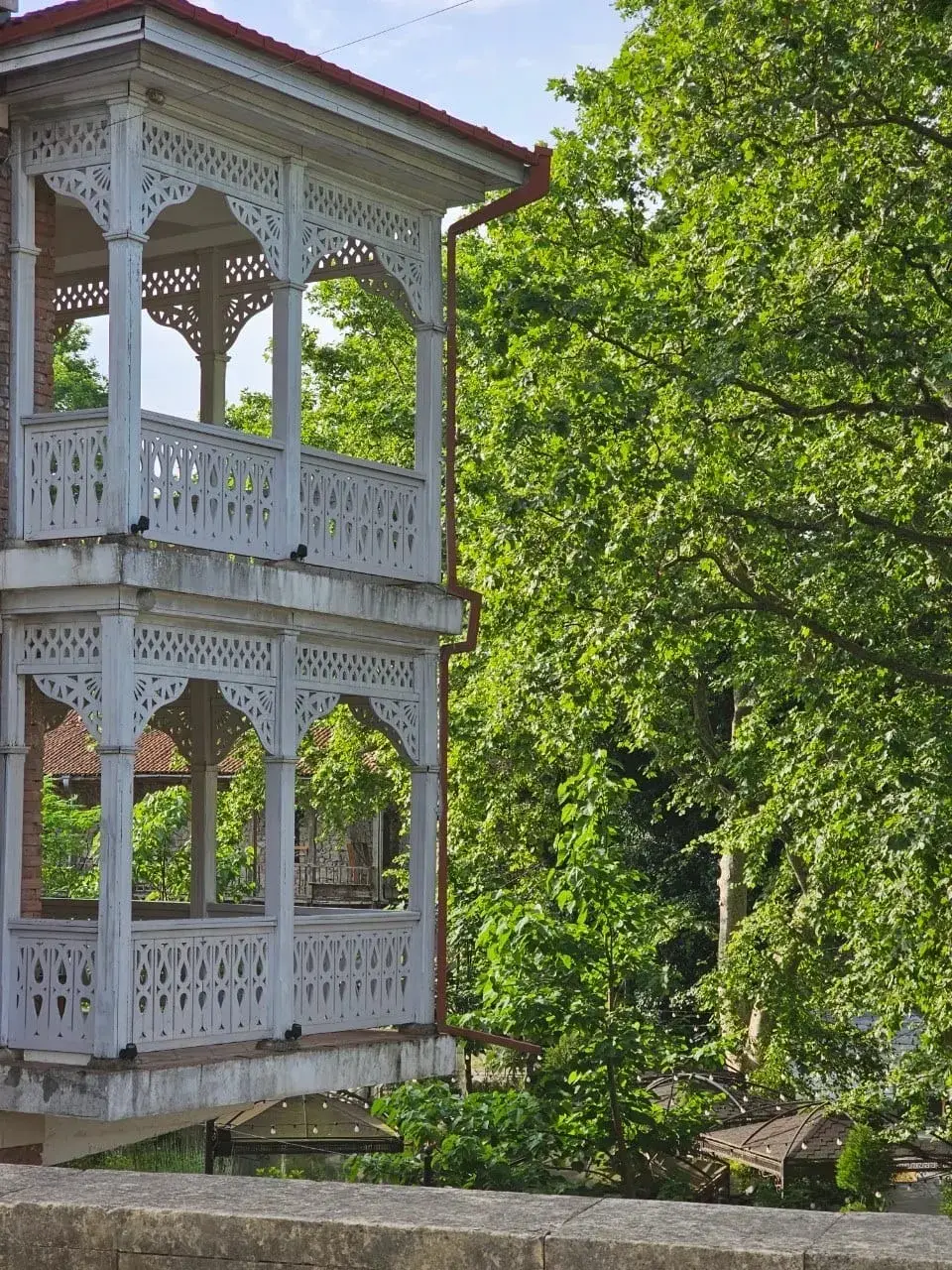
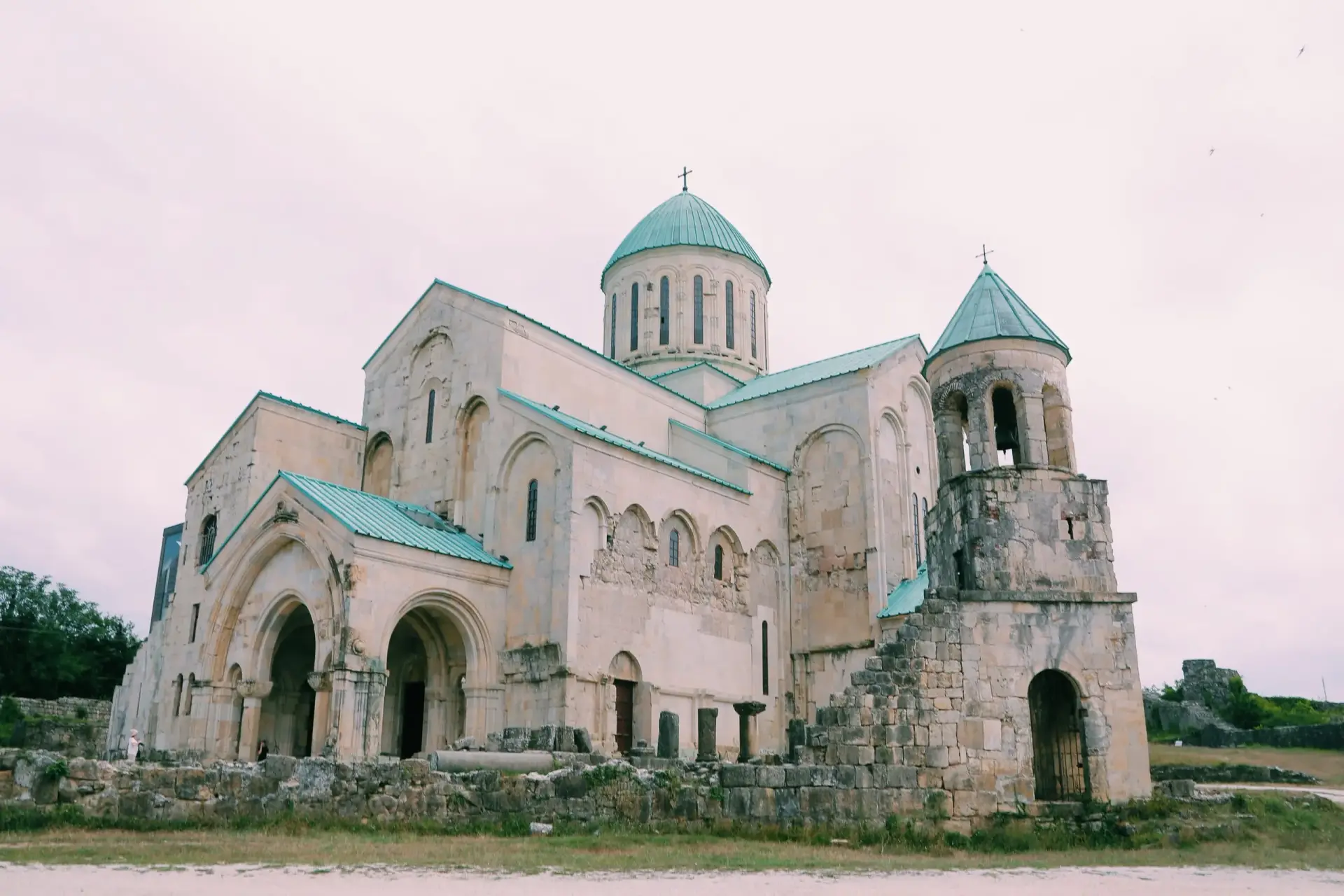
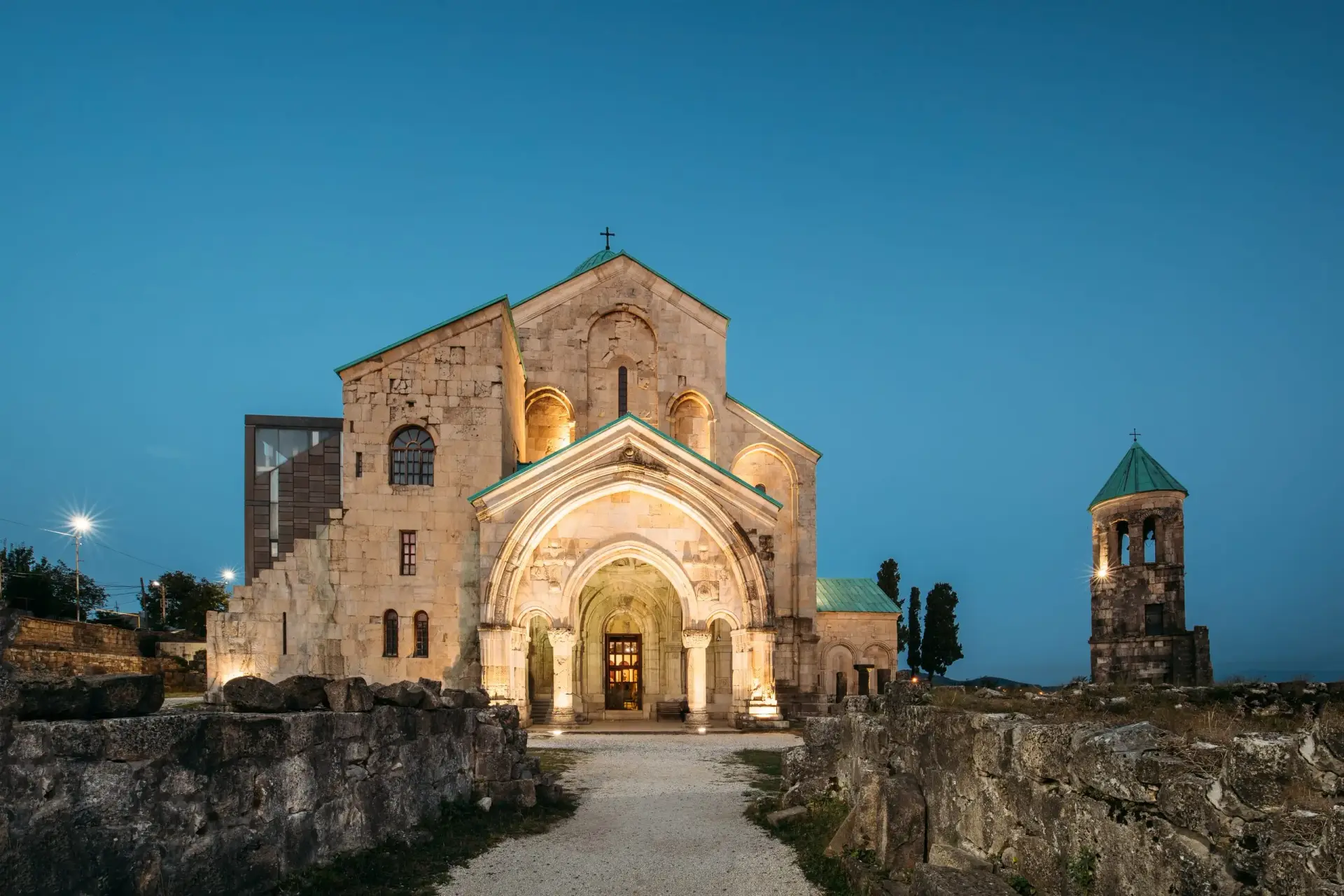
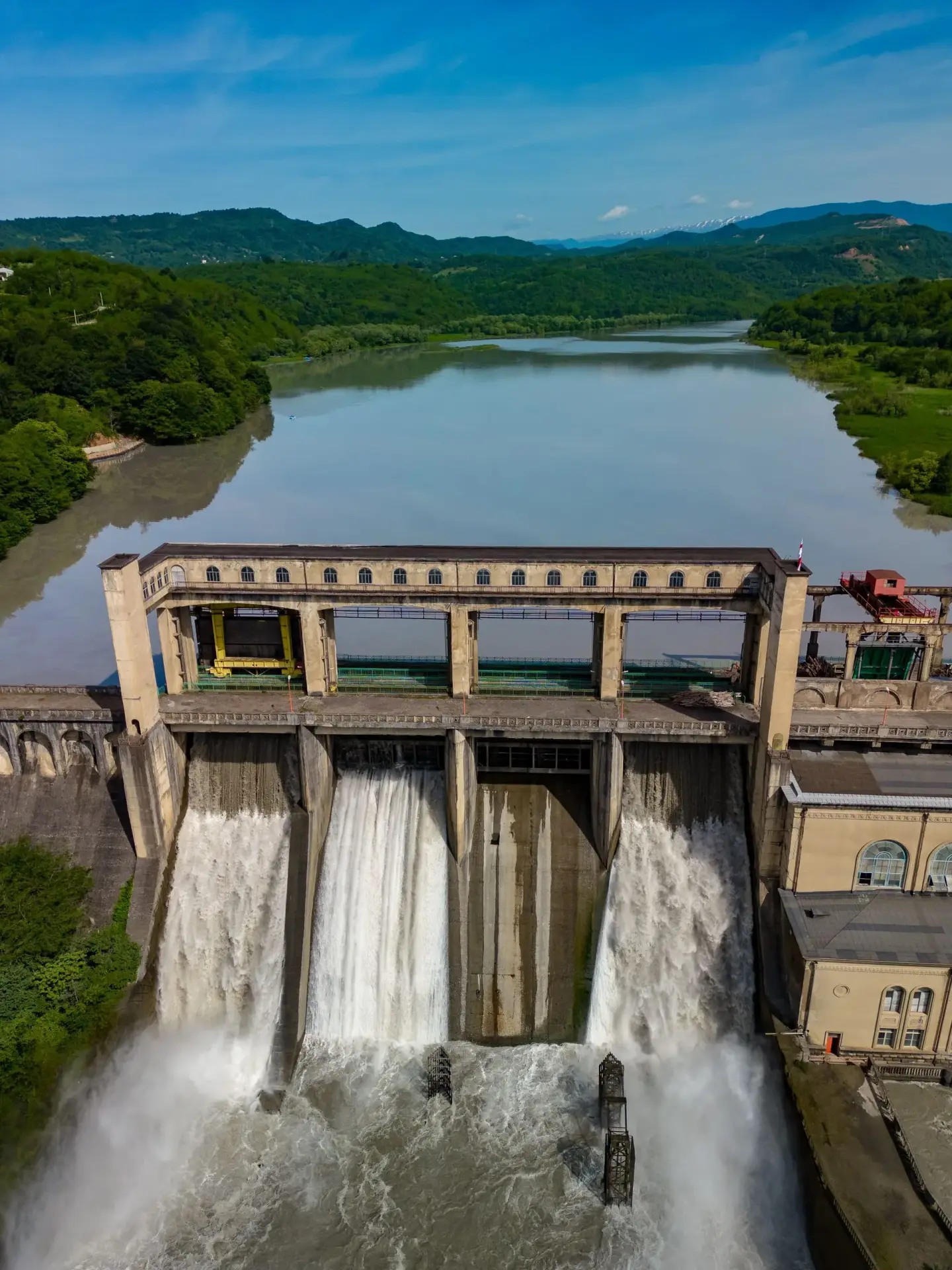
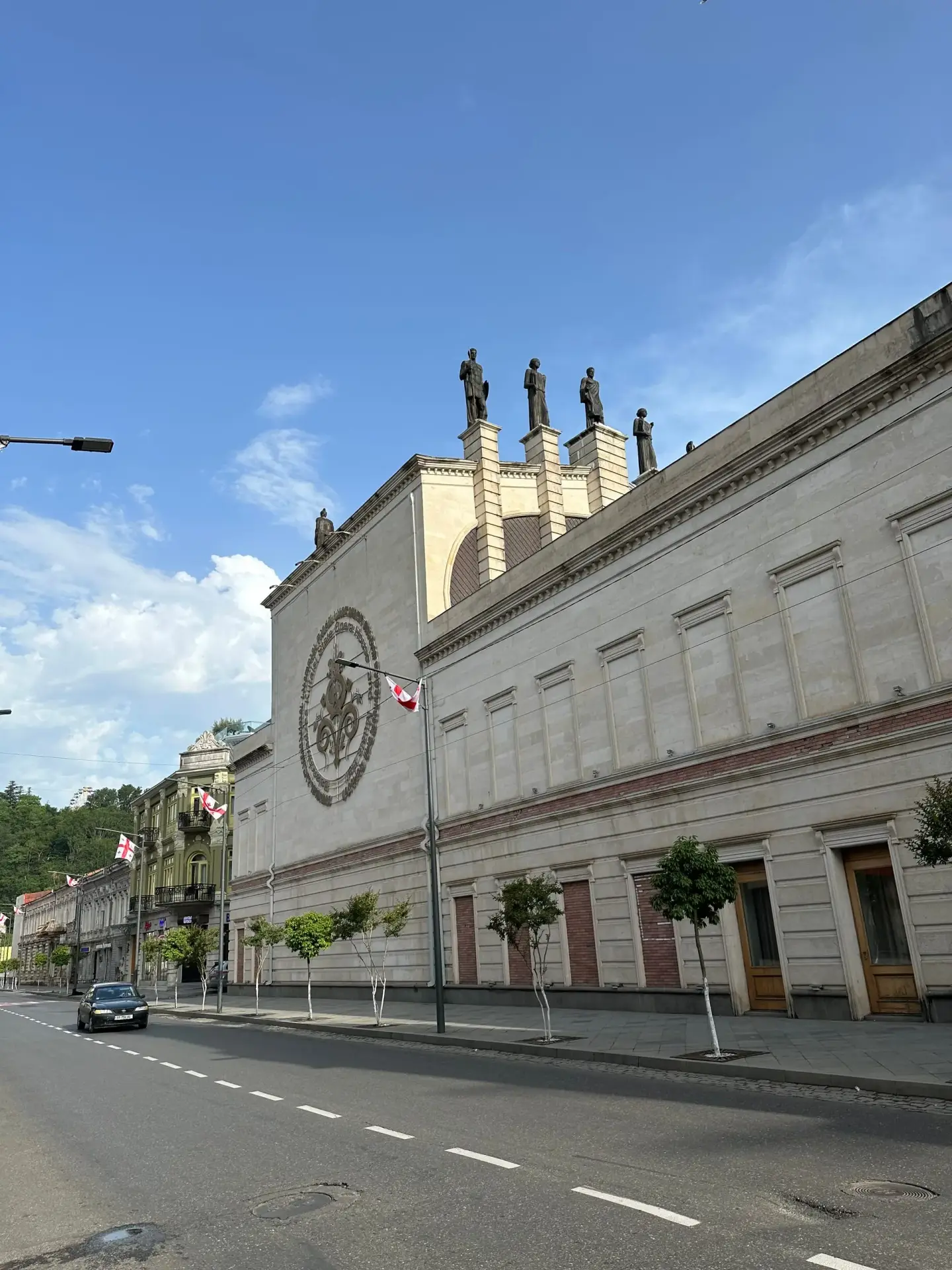
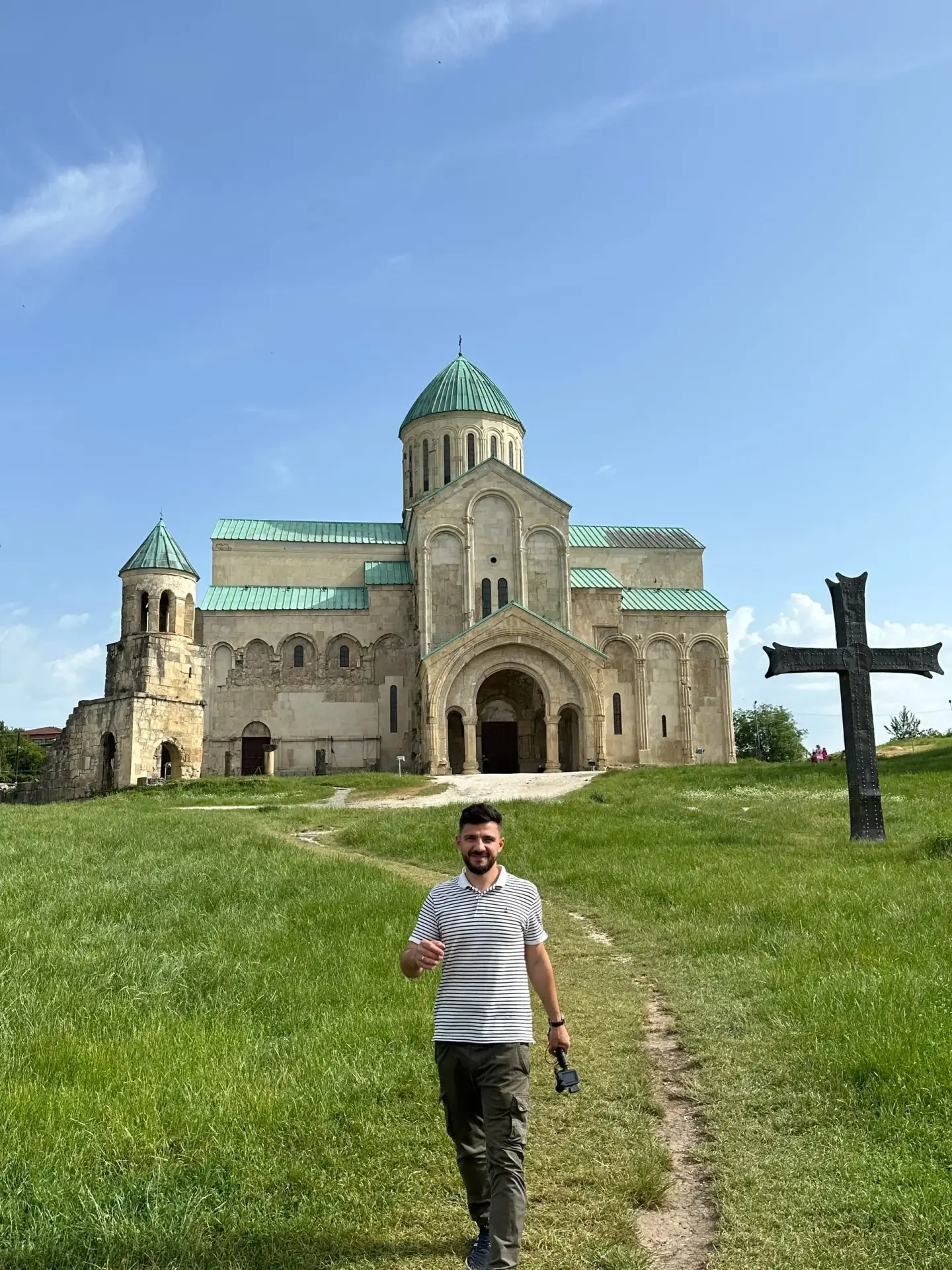
Historical Landmarks
Bagrati Cathedral stands on Ukimerioni Hill with widescreen views over the city. The 11th‑century stonework is impressive, but so is the walk up at golden hour.
Gelati Monastery (UNESCO) sits 20–30 minutes outside town. Founded in the 12th century, it was a center of learning during Georgia’s Golden Age — the frescoes glow in soft morning light.
Climb the hill for sunset and watch the city lights come on. Our guide Nika likes the quieter path behind the cathedral.
Look for the mosaics in the main church; they’re among the finest in Georgia.
Natural Wonders
Prometheus Cave is a surreal underground world of stalactites, stalagmites and echoing chambers. Guided routes are easy and well‑lit.
Sataplia Nature Reserve mixes short forest trails, a glass viewpoint, caves and preserved dinosaur footprints — an easy win for families.
Take a light jacket — it’s cool inside even in summer. Boat exit is seasonal.
Ask us for the dino‑footprint stop; kids love it.
Museums & Food
Kutaisi State Historical Museum packs a lot into a small space: ancient goldwork, manuscripts and everyday pieces that tell the city’s story.
Imeretian cuisine is comfort food done right. Local markets are great for tasting and chat — our team usually pairs a quick museum visit with a casual market lunch.
Imeretian Khachapuri, khinkali, satsivi and mtsvadi. Western whites from nearby vineyards pair well.
Day Trips
Martvili Canyon: emerald water, short boat rides and shaded trails — cool even on hot days.
Uplistsikhe Cave Town: further afield, but a fascinating rock‑hewn settlement with views over the Mtkvari valley. Works if you’re connecting toward Gori/Tbilisi.
Practical Information
- Kutaisi International Airport has direct flights from several European cities.
- From Tbilisi it’s a 3–4 hour drive. Trains run daily; we can arrange a driver‑guide for stops along the way.
- April–June and September–October bring mild weather and clear views.
- Winter is quiet and atmospheric; summer is warm and lively with longer evenings.
- English is common in hotels and with guides. A few Georgian phrases go a long way. English-speaking guides available on request.
- Evenings are relaxed — locals stroll the riverfront and central squares.
- Cash is handy for markets; most restaurants take cards.
